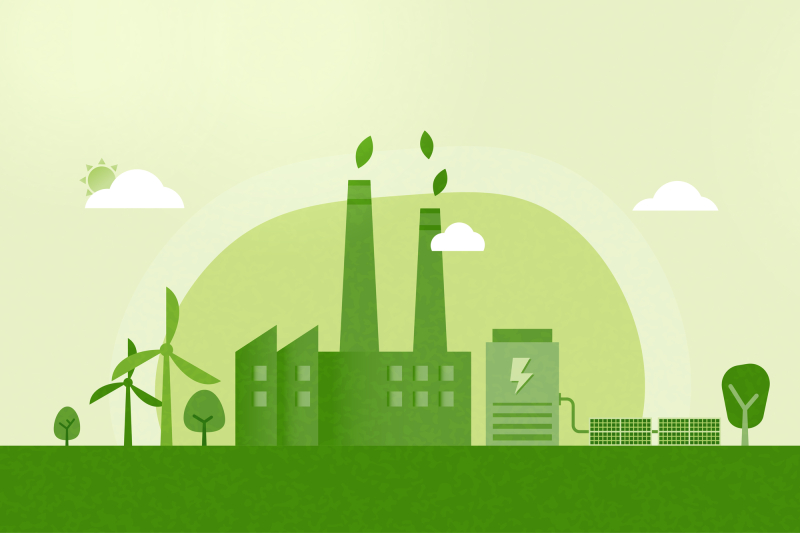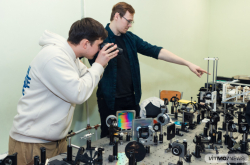Contents
Why it’s relevant
Recent years have seen various industries, from food and chemical to metal and automotive, shifting to more sustainable practices. An impetus for the oil and gas industry to follow suit was the Paris Agreement and the international norms and standards established in its wake. In Russia, a decrease in the emissions of methane, carbon dioxide, and other greenhouse gasses is included in the country’s economic strategy for 2050.
Currently, one hindrance to the shift is the lack of engineers familiar with the equipment and the underlying technological processes. According to Sergey Kartashov, a lead engineer at the Educational Center "Energy-Efficient Engineering Systems", this is partly due to the lack of relevant educational programs in the country, with the majority of existing ones focusing on the economics of the matter.
ITMO’s new Master’s program in decarbonization technologies for fuel and energy industry is meant to address this problem by training engineers capable of producing technological solutions, including the design of recycling machines and gas compressors.
Compressors at an oil field. Credit: Cavan / photogenica.ru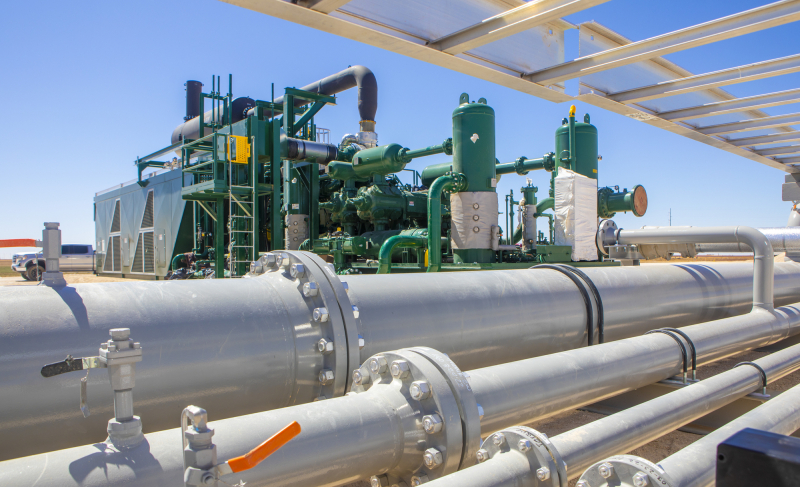
Program tracks
There are two tracks within the new program:
Complexes and equipment in the oil and gas, chemical, and energy industries
This specialization focuses on reducing greenhouse emissions (CO2, methane, associated gas, and cooling agents) via recycling, utilization, or disposal. For instance, associated gas can be turned into dry residue gas, which can then be used to generate electrical energy. Extracted CO2 can be pumped back into the oil reservoir to boost oil recovery. Such technologies have been in use since the 1970s, including by such companies as ExxonMobil, Shell, Statoil, etc.
Hydrogen energy and renewable energy sources
Within this specialization, students will learn about alternative energy sources with no or minimal carbon footprint: wind power, solar power, geothermal power, hydraulic power, and biomass energy. Manufacturers in the fuel and energy sector are looking into such technologies to cut down on their carbon footprint.
Hydrogen energy and production are included in Russia’s priority development objectives, with hydrogen engines already being installed in domestically produced cargo trucks, boats, and other vehicles. Hydrogen is also used in the metal and oil production industries. One of the country’s major gas producers, Gazprom, has a separate Gazprom Hydrogen department responsible for extracting low-carbon hydrogen from natural gas, as well as a research group in this field.
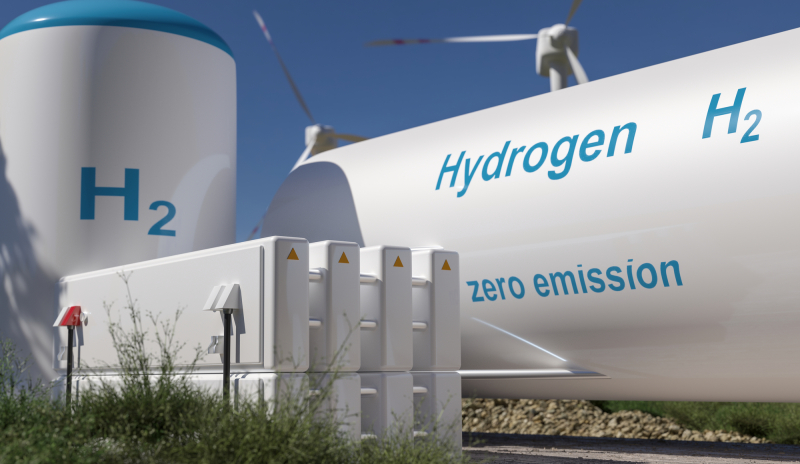
Credit: aa-w/ photogenica.ru
Program curriculum
First of all, the program will cover every technological aspect of decarbonization systems, including compression, utilization, transportation, pumping, and disposal. Moreover, students will learn to model the underlying processes in order to be capable of estimating the amount of necessary equipment and its type, as well as determining its features for a specific task or company.
Additionally, the curriculum will feature a course on the international norms and ESG (environmental, social, and corporate governance) principles that regulate industrial decarbonization. Students will also learn about the economics behind sustainable production, train to make investment and managerial decisions, and estimate the costs of the lifecycle of industrial complexes and equipment.
Heads of the program Yury Kozhukhov and Sergey Kartashov are certified industrial experts in natural gas transport and practicing equipment estimators who collaborate with major oil, gas, energy, and engineering companies such as Gazprom, Gazprom Neft, Rsosneft, Novatek, Lukoil, Surgutneftegas, Baker Hughes, Atlas Copco, Ariel Corporation, and others.
Over the course of their training, students will be able to join industrial projects and address relevant issues with solutions that can serve as a foundation for their graduation theses.
Moreover, the program will feature lectures by experts from the real economy sector. Currently, the organizers are also signing collaboration agreements with a number of companies to provide students with internship opportunities.
Yury Kozhukhov and Sergey Kartashov at a Gazprom Transgaz branch in Komsomolsk-on-Amur. Photo courtesy of the subjects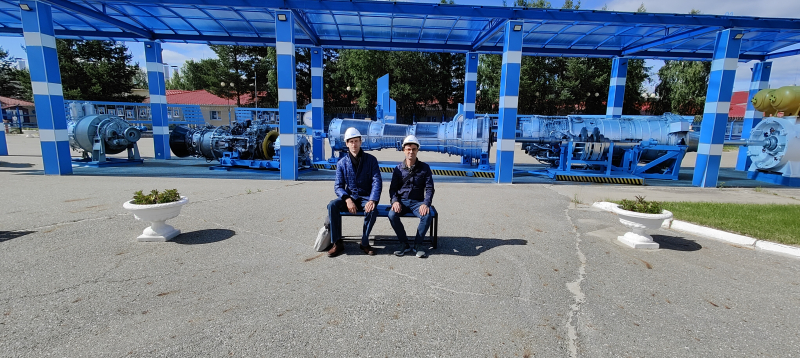
Career prospects
Graduates of the program will be able to work as developers of power engineering equipment, industrial experts, designers of industrial objects for the oil and gas sector, metal industry, and thermal power industry, as well as lead projects or manage teams. The knowledge and training received as part of the program will be applicable in nearly any industry regardless of its specialization.
Among the potential employers are Gazprom, Gazprom Neft, Rosneft, Sibur, Novatek, Lukiol, PhosAgro, Severstal, Nornickel, Rusal, Metalloinvest, and others.
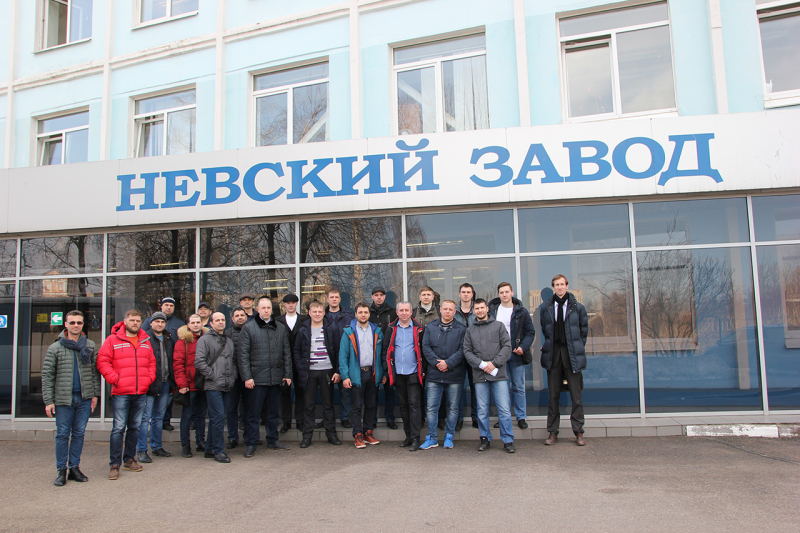
Yury Kozhukhov and Sergey Kartashov with their students from leading Russian energy companies after a professional development course. Photo courtesy of the subjects
Enrollment opportunities
This Master’s program is aimed at students with a background in engineering, economics, or the oil and gas industry. Prospective students can enroll in one of the following ways:
- Entrance exam;
- Congress of Young Scientists (CYS);
- ITMO’s Portfolio Contest;
- ITMO’s Mega Contest.
